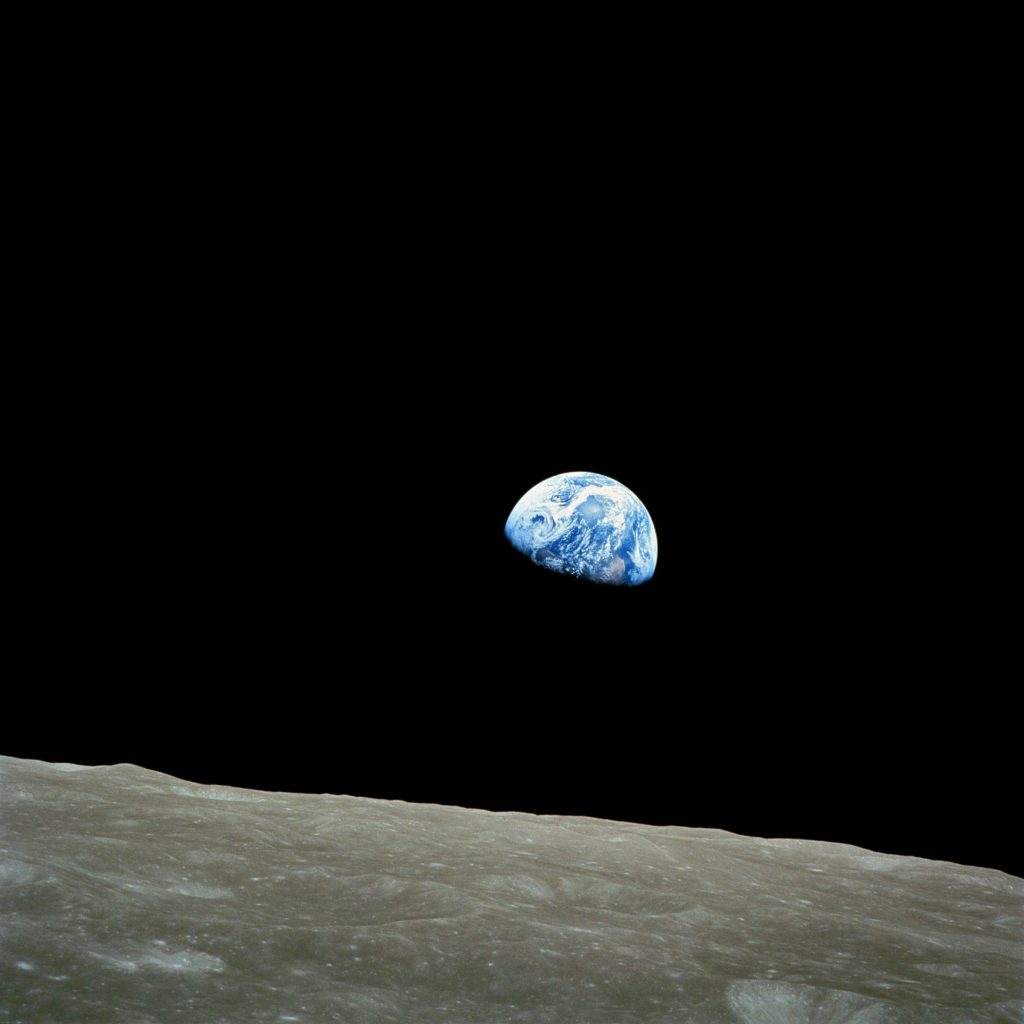A new term, symbiosexual, is gaining attention as scientists explore the evolving landscape of human attraction. Coined from recent studies, it describes individuals who feel a deep sexual and emotional attraction to organisms or systems that work together harmoniously, such as ecosystems, plants, and even artificial intelligence.
The concept stems from the human tendency to find beauty and connection in mutualistic relationships—like bees pollinating flowers or the balance of nature. Those identifying as symbiosexual may find fulfillment in a connection that mirrors this harmony, valuing interdependence and coexistence over traditional dynamics.

This attraction, researchers say, might be linked to our growing awareness of environmental and technological interdependence. As people increasingly engage with sustainable living and intelligent machines, symbiosexuality highlights how attraction can expand beyond human-to-human interaction into abstract concepts.
While critics argue the term blurs the line between admiration and attraction, advocates believe it opens up new possibilities for understanding human emotions. Whether tied to nature, technology, or other systems, symbiosexuality may redefine how we view connection in an increasingly interconnected world.




